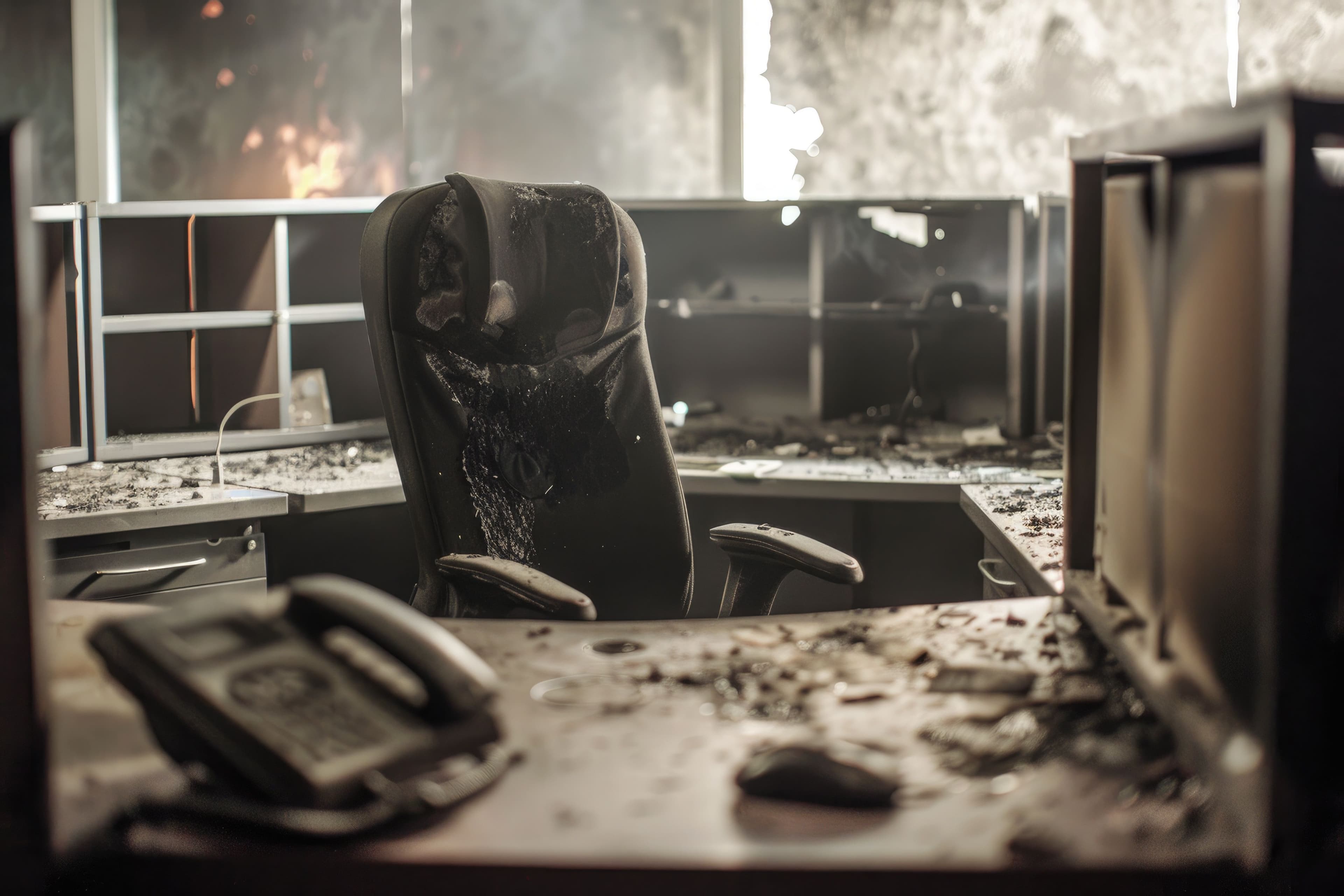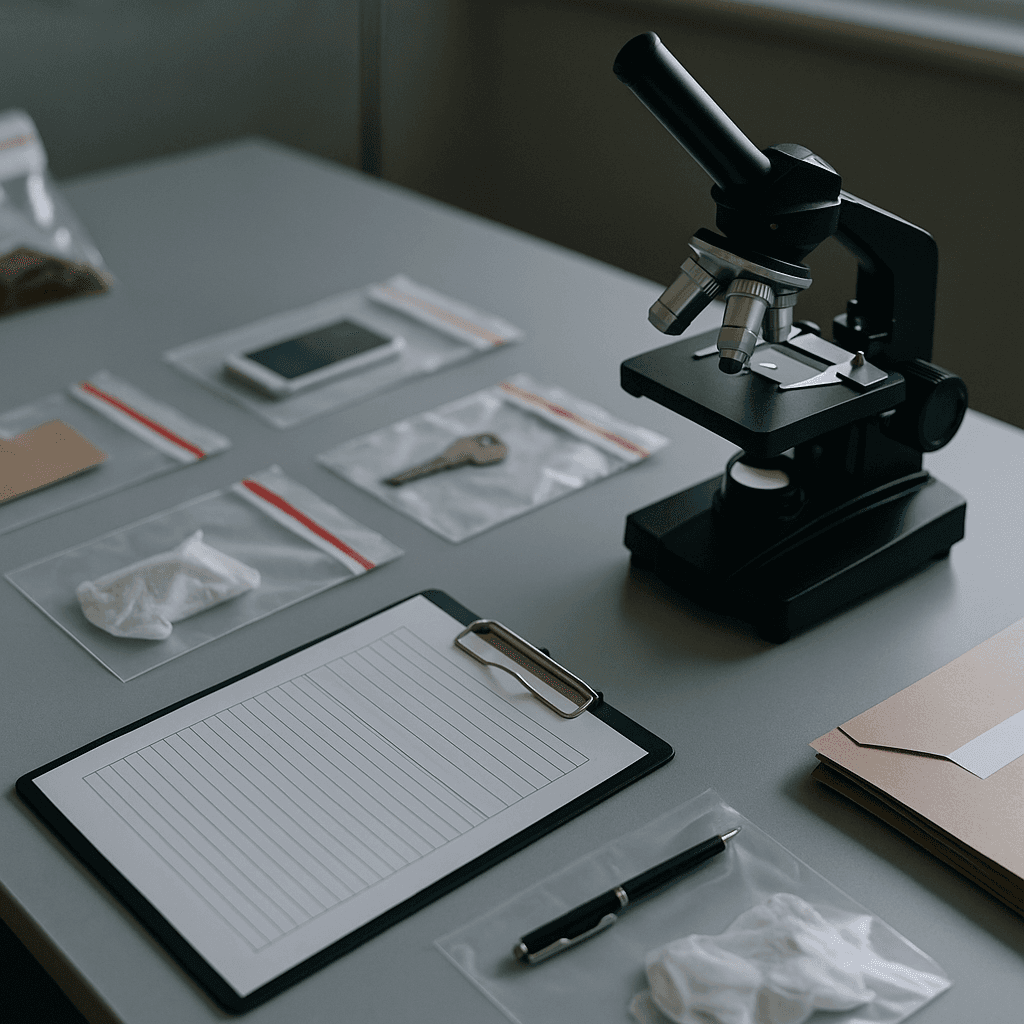
Who Is Liable for Your Burn Injury?

Experiencing a severe burn is an emotionally traumatic event, leaving you facing long-term repercussions on your physical health and mental well-being. After a burn injury, the changes in your life, coupled with medical costs, may be overwhelming and lead to confusion about what to do next and who to hold accountable. Take your power back by seeking compensation for your injury and speaking with a trusted burn injury lawyer who can help you file a claim.
We’ve put together this blog post to guide you through the key points you need to know to hold the responsible party accountable.
Common Causes of Burn Injuries and Negligence
Proving Negligence
Understand that it’s not easy to prove a burn injury case. As the plaintiff, the burden of proof falls on you to show that another party is legally responsible. You will need to prove that a legal requirement was not adhered to or that your burn injury was due to someone else’s negligence. After that, you must also have evidence showing that the defendant must compensate you fairly for your injuries.
Because a burn injury is life-altering, it could have a long-term impact, greatly affecting the rest of your life. When a burn injury happens, it may be for several reasons. Sometimes, these injuries result from a fire or explosion; however, these types of incidents do not happen as often as some others. When pursuing a legal remedy, it’s critical to understand the common causes of burn injuries before seeking compensation.
Here are some examples:
- Car accidents: It’s not uncommon for vehicles to be subject to recalls or malfunction due to a manufacturing defect. Sometimes, these issues lead to smoke or fire, and in these instances, the vehicle manufacturer has a responsibility to ensure your safety.
- Substandard products: Today, many companies, large and small, are flooding the marketplace with body care products, from skincare to hair care, and even expanding into pain relief creams. Expired ingredients or additives may cause chemical burns from the alkalines, acids, or allergens in these products. The Food and Drug Administration (FDA) and the Consumer Product Safety Commission (CPSC) govern these businesses, providing them with guidelines and stepping in when best practices are not adhered to.
- Residential fires: If you’ve experienced a burn injury at home, it’s important to examine the situation that caused the fire before blaming yourself. Often, these injuries are a result of circumstances beyond your control. For example, many residential fires are caused by defective appliances, faulty wiring, or caustic product chemicals. Furthermore, if your injury happened in an apartment, a rapidly spreading fire may have been triggered by the building not being up to code.
- Workplace injuries: Where were you when you were injured? You may work around chemicals, or perhaps you’ve commonly participated in unsafe work practices. In either case, your employer is responsible for adhering to specific OSHA guidelines, which are designed to protect your rights as a worker.
Contact our team today so we can fight to help you get the compensation you deserve.
Understanding Burn Severity Levels
There are different types of burns that individuals deal with; both the types and the severity levels have a profound impact on the final compensation amount. Burn injuries are classified according to the degree or level of the burn, ranging from mild (first degree) to severe (fourth degree). While each of the four necessitates its own treatment plan, claimants could pursue compensation no matter the type of burn they’ve experienced. However, when a burn is more severe, an individual will require more intense care, making these cases easier to prove and win.
First-Degree Burns
This level of mild burn injury affects the outer layer of the skin and may be likened to a red, unblistered sunburn. While first-degree burns may cause infections that require professional care, a high level of treatment is typically not needed in such cases. Nevertheless, getting the necessary medical attention is important to prevent further complications.
Second-Degree Burns
These injuries extend deep into the skin tissue layers and inflict intense damage, including blisters and severe pain. To heal from a second-degree burn injury, the patient will often require skin grafts or stitches. Follow-up treatments may also be required.
Third-Degree Burns
Third-degree burns are very serious and consist of skin damage that has penetrated all layers of the skin and extended into the muscle fibers, connective tissues, and even internal organs. Individuals who suffer from this burn type will require immediate critical care.
Fourth-Degree Burns
Fourth-degree burns are the most severe and cannot be remedied by skin grating methods. Often, these burns go all the way to the bone and require amputation for the body to heal fully.
Legal Representation for Burn Injury Cases
When you’ve suffered a burn injury, evidence plays a key role in bolstering your claim. Keep in mind that without the proper evidence, it will be impossible for you to seek compensation through the proper legal channels. There are several key steps you can take before seeking legal representation, including:
- Gathering all information related to your claim
- Filing an incident report with your local police
- Taking photos and video footage at the injury scene
- Using eyewitness accounts as supporting statements
After diligently completing each step, you should contact an attorney as soon as possible to stay within the statute of limitations. Let an experienced, qualified attorney help you further refine the details of your burn injury case. Legal representation from a burn injury lawyer is critical in helping you calculate losses, including pain and suffering damages, so finding an attorney to assist you in effectively navigating your compensation claims is imperative.
Free Consultation 24/7, call (844) 343-9609
Take Action Today
If you’re dealing with a burn injury due to another party’s negligence, an attorney can help. It is paramount to take prompt action to secure appropriate compensation and have a higher probability of success. Accident Hotline offers no-cost, 24/7 consultations and will connect you with a personal injury attorney today. Connect with an agent in under 30 seconds! Complete our online form or give us a call at (844) 343-9609.
For a free consultation, call (844) 343-9609
Blog Posts:

The Role of Expert Witnesses in Injury Litigation
Why Expert Witnesses Matter in Personal Injury Cases In personal injury litigation, facts alone are often not enough. While evidence like medical records, photographs, and witness statements paint part of the picture, juries and insurance companies frequently need context and explanation to understand the full scope of an injury and its impact. This is where expert witnesses play a pivotal role. Expert witnesses are professionals—often doctors, engineers, economists, or accident reconstruction specialists—who provide testimony based on their specialized knowledge. Their objective is not to advocate for one side but to clarify complex issues that require professional interpretation. In many cases, their opinions help bridge the gap between evidence and understanding, making them critical to achieving fair compensation.

How Insurance Companies Evaluate Injury Claims
How the Evaluation Process Really Works When you file a personal injury claim, the insurance company begins a process that is anything but simple. Behind every offer or denial, there's a calculated evaluation designed to protect their bottom line. Insurers use data-driven methods, past claim outcomes, and internal guidelines to assess how much—if anything—they believe your case is worth. The goal of the insurance adjuster is straightforward: to settle your claim for as little as possible while closing the file quickly. They'll review your medical records, accident details, and even statements you've made to determine liability and damages. The more organized and detailed your claim presentation, the harder it is for them to undervalue it.

The Dangers of Handling a Personal Injury Case Without Legal Help
Understanding What's at Stake After an accident, it's natural to want to resolve things quickly. Medical bills begin piling up, your work may be disrupted, and insurance adjusters often seem eager to "help." Many people believe they can handle their personal injury claim on their own—especially if the situation seems straightforward. But personal injury law is complex, and even minor missteps can lead to significant financial loss. Without professional guidance, you may underestimate your claim's value, miss critical deadlines, or make statements that insurers later use against you. The legal process is designed to protect both sides, and insurance companies have experienced professionals working to limit payouts. Without an equally skilled advocate on your side, you're at a clear disadvantage. That's why consulting a personal injury lawyer early in the process is often the difference between fair compensation and a costly mistake.

When Should You Switch to a Different Injury Lawyer?
Knowing When It's Time for a Change Choosing the right attorney after an accident is one of the most important decisions you'll make in your recovery journey. However, not every lawyer-client relationship is a perfect fit. Sometimes, despite your best efforts, you may realize that your current representation isn't meeting your expectations. Whether it's poor communication, lack of progress, or a sense that your case isn't being handled effectively, recognizing when to switch attorneys can make all the difference in the outcome of your claim. Switching to a new personal injury lawyer doesn't mean starting over from scratch—it means taking control of your case and ensuring it receives the attention and effort it deserves. Understanding what to expect from your legal representation can help you identify the warning signs that it might be time for a change.
Get an agent on the line in seconds
Responsive
Legal Assistance
Our personal injury attorneys advocate for the funds necessary to cover bills, secure medical treatment, recoup lost wages, and provide compensation for your pain and suffering.
Are you facing unfair treatment from the insurance company?
Do you know the value of your case?
Is the insurance company asserting that the accident is your responsibility?

We'll get back to you ASAP.
Get Your Free Consultation
You Pay Nothing Unless We Recover Compensation For You
